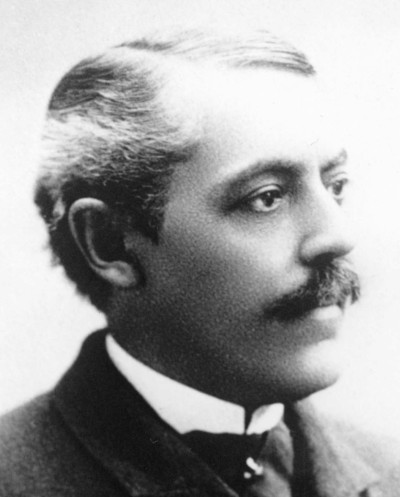Eli Lilly (Eli Lilly)

Eli Lilly (July 8, 1838 – June 6, 1898) was an American soldier, pharmaceutical chemist, industrialist, entrepreneur, and founder of the Eli Lilly and Company pharmaceutical corporation. Lilly enlisted in the Union Army during the American Civil War; he recruited a company of men to serve with him in an artillery battery, was later promoted to colonel, and was given command of a cavalry unit. He was captured near the end of the war and held as a prisoner of war until its conclusion. After the war, he attempted to run a plantation in Mississippi, but failed and returned to his pharmacy profession after the death of his wife. Lilly remarried and worked in several pharmacies with partners before opening his own business in 1876 with plans to manufacture drugs and market them wholesale to pharmacies. His company was successful and he soon became wealthy after making numerous advances in medicinal drug manufacturing. Two of the early advances he pioneered were creating gelatin capsules to hold medicine and fruit flavoring for liquid medicines. Eli Lilly & Company was one of the first pharmaceutical firms of its kind; it staffed a dedicated research department and put in place numerous quality-assurance measures.
Using his wealth, Lilly engaged in numerous philanthropic pursuits. He turned over the management of the company to his son in 1890 allowing himself to continue his engagement in charity and civic advancement in his primary focus. He helped found the organization that became the Indianapolis Chamber of Commerce, was the primary patron of Indiana’s branch of the Charity Organization Society, and personally funded the creation of the city’s children’s hospital which was later expanded by the state to become the Riley Children’s Hospital. He continued his active involvement with many organizations until his death from cancer in 1898. Lilly was an advocate of federal regulation of the pharmaceutical industry, and many of his suggested reforms were enacted into law in 1906, resulting in the creation of the Food and Drug Administration. He was also among the pioneers of the concept of prescriptions, and helped form what became the common practice of giving addictive or dangerous medicines only to people who had first seen a physician. The company he founded has since grown into one of the largest and most influential pharmaceutical corporations in the world, and the largest corporation in Indiana. Using the wealth generated by the company, his son and grandsons created the Lilly Endowment to continue Lilly’s legacy of philanthropy. The endowment remains one of the largest charitable benefactors in the world.
Born
- July, 08, 1838
- USA
- Baltimore, Maryland
Died
- June, 06, 1898
- USA
- Indianapolis, Indiana
Cause of Death
- cancer
Cemetery
- Crown Hill Cemetery
- Indianapolis, Indiana
- USA



